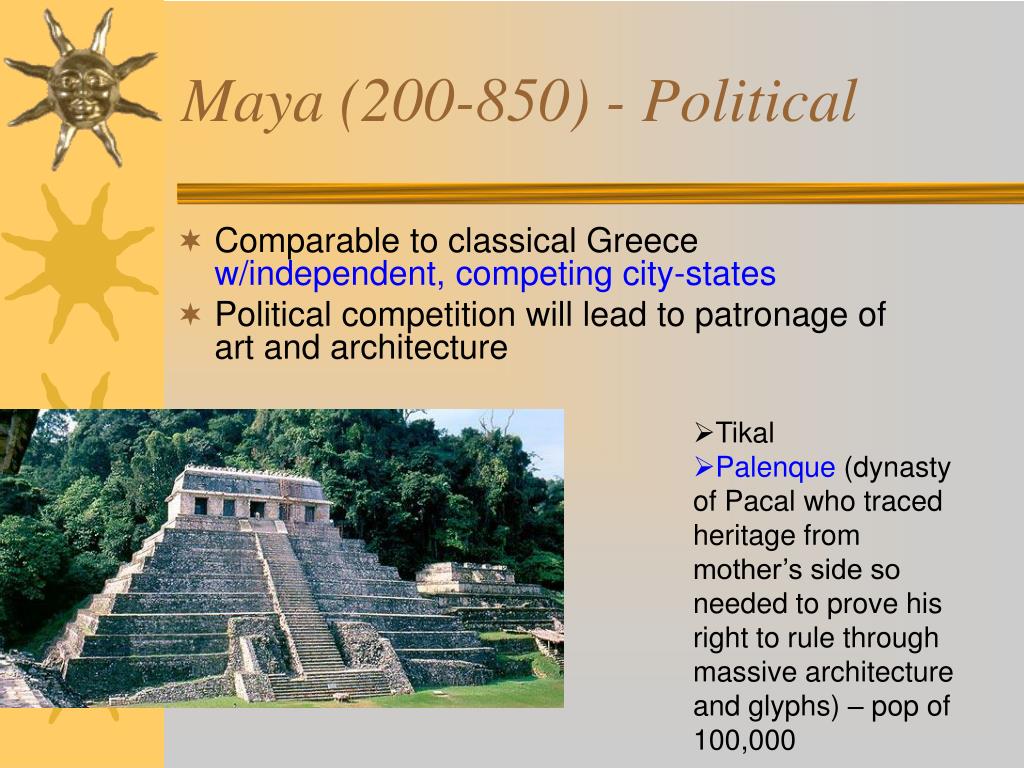
The village would lose men doing such a thing, and in any case they had been feuding on and off with the village in question. Many others found this idea far too violent and risky. Young hunters could also take over the now abandoned territory and be able to raise families without competing with more established men. Quick, clean, and they could brag to the other villages for the next few years about their prowess. With greater numbers and the advantage of surprise the threat could be dealt with before the season was out. Such folk were not to be trusted, and could not be permitted to sit and grow covetous of the even greater wealth across the river. By the accounts of the survivor the newcomers had fought with the villagers before and were lesser in number, but through treachery and brutality they had struck with surprise in the night, massacring those who slept.

Several of the hunters called for a swift strike to take the head from the cobra before it turned towards them. The council went over a variety of options. A retaliation was not demanded, but a response was needed. While the village upon the shores of red sand was not true kin, these sunset newcomers sound vicious and unpredictable to do what they did, and there had been some willing and not so willing exchange of brides between the two villages over the years. The elders and wisefolk are concerned by the tale, confirmed by swift scouts returning with news of burning homes.

A survivor was found by hunters ranging at the edge of their territory and brought forth to the village to tell his story. News has come in that the nearest village that they have had trouble with is no more, it's people slain in a brutal surprise attack by wanderers from the dry, desolate grasslands in the place where the sun goes to die each night. Up and down the river this village has only good relations, but across the river in the lands of yellow grass and red sand, there is another village that the people have recent poor relations with.Ĭorrection: there was another village the people had poor relations with. Sometimes the elders can resolve such troubles, sometimes both parties agree to look the other way because it is too much of a hassle, and sometimes a feud will form for a generation or two before the original aggressors and victims vanish to time and no one cares to continue the dispute. The people have no great enemies, but sometimes young men will find it easier to get the things they want by simply taking them. Sometimes when people set out, trouble follows them to or from the village. Once or twice a season people might set out in reed canoes to travel up and down the river, exchanging food and other things for fine stone to make tools, incense to ward off wicked spirits, and sacred things to honour good spirits and the ancestors. When lions, hippos, or crocodiles become a threat the hunters will deal with them, bringing in exotic meats for a time and glorious trophies. When the waters recede, they cast forth that which they have not eaten so that they might refresh the land that has slumbered under the waters for a season. When the waters are high they fish and dip into stocks of unsprouted grain and smoked meats. When the waters are low they hunt antelope, buffalo, and birds and they gather up the leafy greens, juicy fruits, and golden grains that grow in abundance. The people here thrive upon the wealth of the marsh, their homes well above the level the waters rise to every year.

The buildings here are made of sturdy reeds and whipping branches woven together and coated in clay stained white with ash, to better keep the heat of the day off those who dwell inside. A village sits nestled upon the slopes of the sunset side, overlooking a great green marsh. The sun rises over dry, grassy hills, casting long shadows into the valley below.


 0 kommentar(er)
0 kommentar(er)
